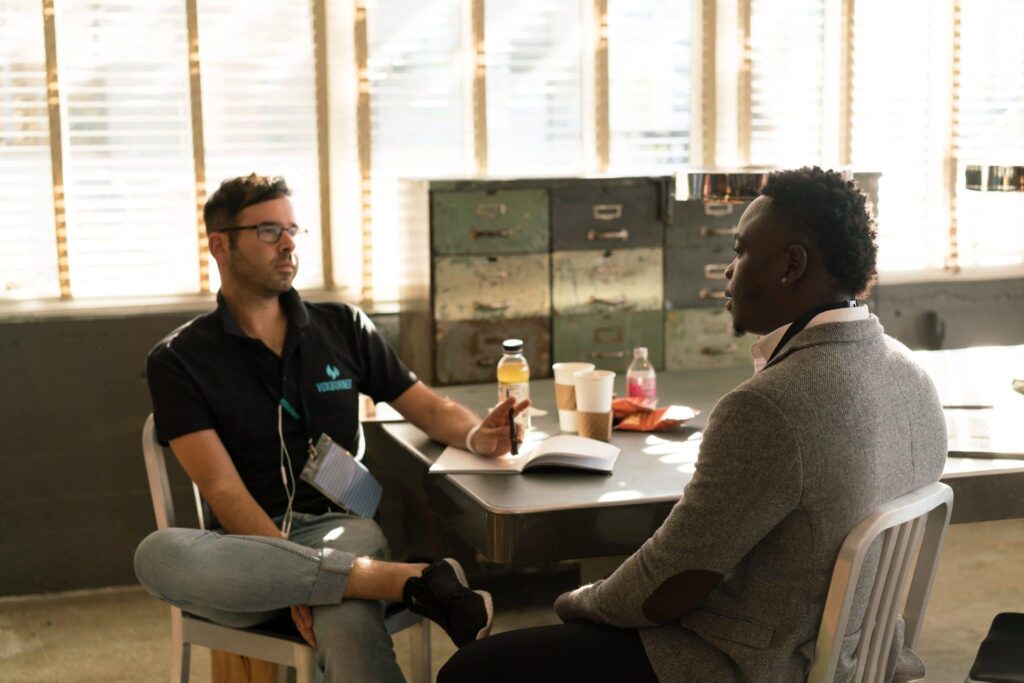Our Dual-Diagnosis Program
Dual diagnosis, which is also known as comorbid disorder and co-occurring disorder, is extremely common in California. All these terms refer to a mental health issue coexisting with chemical dependency, usually alcohol.
Many people believe there is a chemical for every ill, whether it is physical or emotional. Relief is just a matter of finding the right chemical combination. Alcohol comes in many forms, so the chemical combinations are almost endless. Once this process begins, it is difficult, but not impossible, to end.
At The House of the Rising Son, we have the resources and experience to address dual diagnosis issues. We offer accessible help in a number of different environments, because we understand that everyone’s treatment needs are different.













